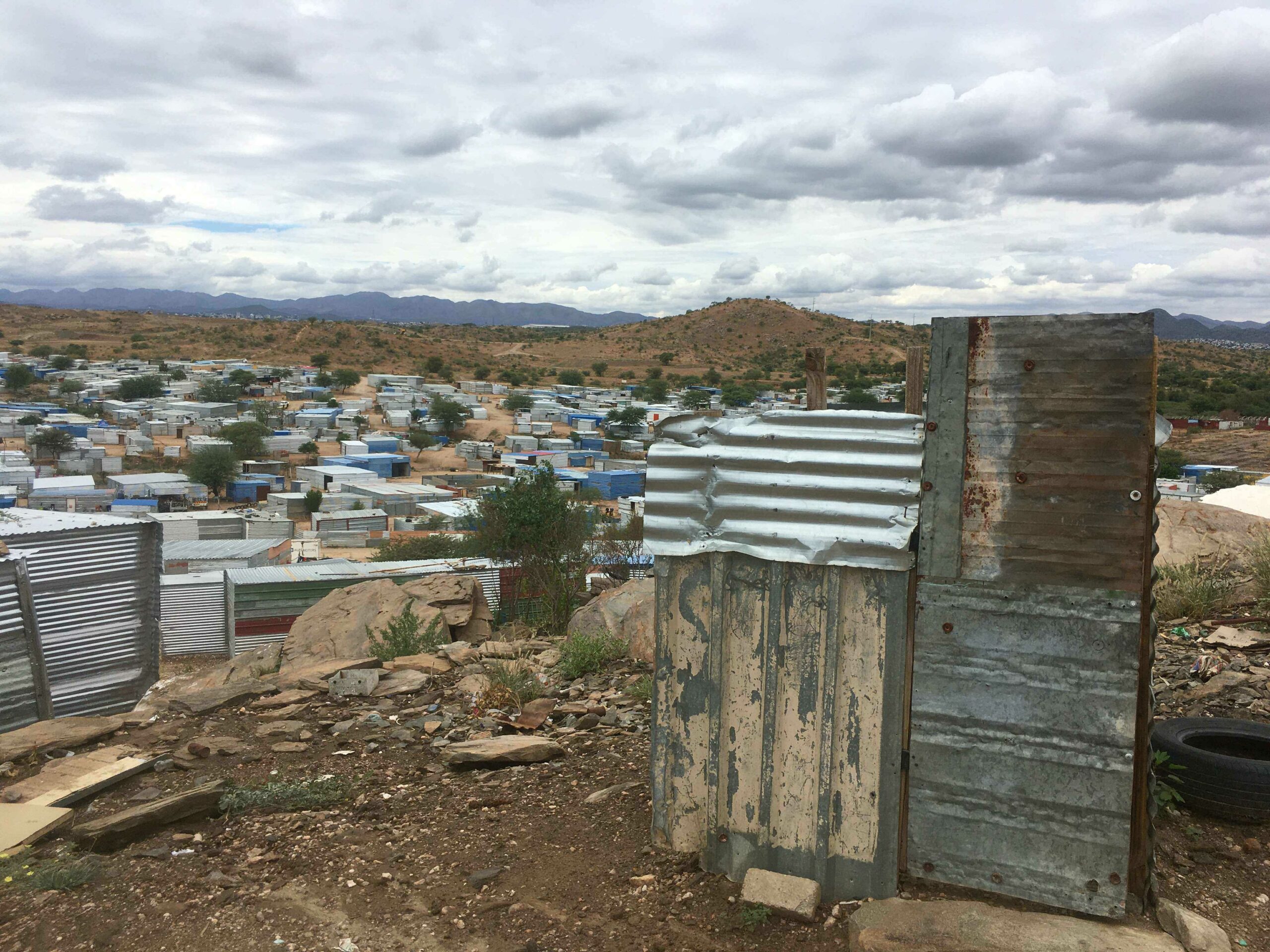News
When the Rain Comes: The Deadly Cost of Failed Disaster Response in SA’s Informal Settlements

For millions of South Africans, the first drops of rain are not a relief; they are a trigger for fear. In the country’s sprawling informal settlements, a storm doesn’t just mean getting wetit means wading through raw sewage, watching homes turn to rubble, and praying that this time, no one dies.
A new report from Amnesty International lays bare a brutal truth: government failures in disaster planning and response are directly threatening the lives of the more than five million people living in these vulnerable communities.
A Life Defined by Flood and Filth
These settlements are often located on the only land available to the poor: floodplains, riverbanks, and other dangerously low-lying areas. Homes are makeshift, and basic services like running water and safe sanitation are a distant dream.
As one resident from the Barcelona settlement in Cape Town starkly put it, “Flooding has become the norm for us… when it floods you need gumboots to walk around the settlement as you don’t know whether you are walking in mud or faeces.”
When it rains, toilets overflow, spewing excrement through alleyways. Furniture, food, and clothingthe meager possessions that represent a family’s entire livelihoodare regularly destroyed. The trauma is cyclical, predictable, and utterly devastating.
A Cycle of Displacement and Death
The catastrophic 2022 KwaZulu-Natal floods, which killed 435 people, were a horrific preview of this new normal. But the government’s response has been haphazard and, at times, lethally incompetent.
In a shocking failure of planning, the eThekwini municipality relocated about 100 families displaced by the 2022 floods to a Temporary Relocation Area on the banks of the Umlazi river. The result was tragically predictable. In February 2025, the same families were flooded out again. This time, five people died, including three children.
To add insult to life-threatening injury, some of those displaced in 2025 were later evicted from temporary hotel accommodation because the provincial Department of Human Settlements failed to pay the bill.
A Systemic Failure of Governance
The problem is not just one of bad luck; it’s a systemic collapse. A staggering 163 of South Africa’s 257 municipalities are classified as dysfunctional, crippled by poor governance and a lack of technical staff. For instance, eThekwini’s water and sanitation unit had a 58% vacancy rate for technical staff, making basic maintenance impossible.
The solution, experts argue, is not just reactive disaster relief but proactive investment. It lies in the formal upgrading of informal settlements: installing proper stormwater drainage, paving roads, providing secure land tenure, and building resilient homes.
As South Africa leads the G20 with a focus on disaster resilience, the greatest test of its commitment lies not on the international stage, but in the waterlogged shacks and temporary relocation camps within its own borders. For the residents of these communities, a safe home is not a privilegeit is a fundamental right that is being washed away with every storm.
{Source: IOL}
Follow Joburg ETC on Facebook, Twitter , TikTok and Instagram
For more News in Johannesburg, visit joburgetc.com



























